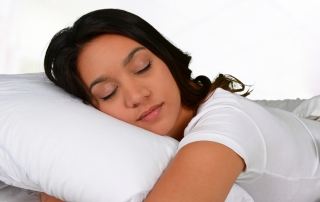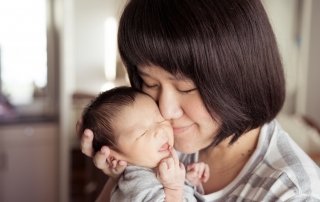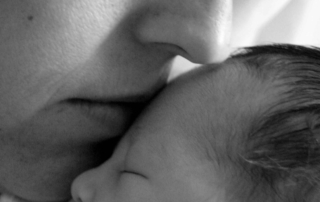Sleep Interventions During Pregnancy Reduce the Risk of Postpartum Depression
It should be no surprise that many women complain of disrupted sleep during pregnancy. According to a recent study, approximately 28%-38% of women meet criteria for sleep deficiency during early pregnancy. (Sleep deficiency is defined as short sleep duration, insufficient sleep, [...]






